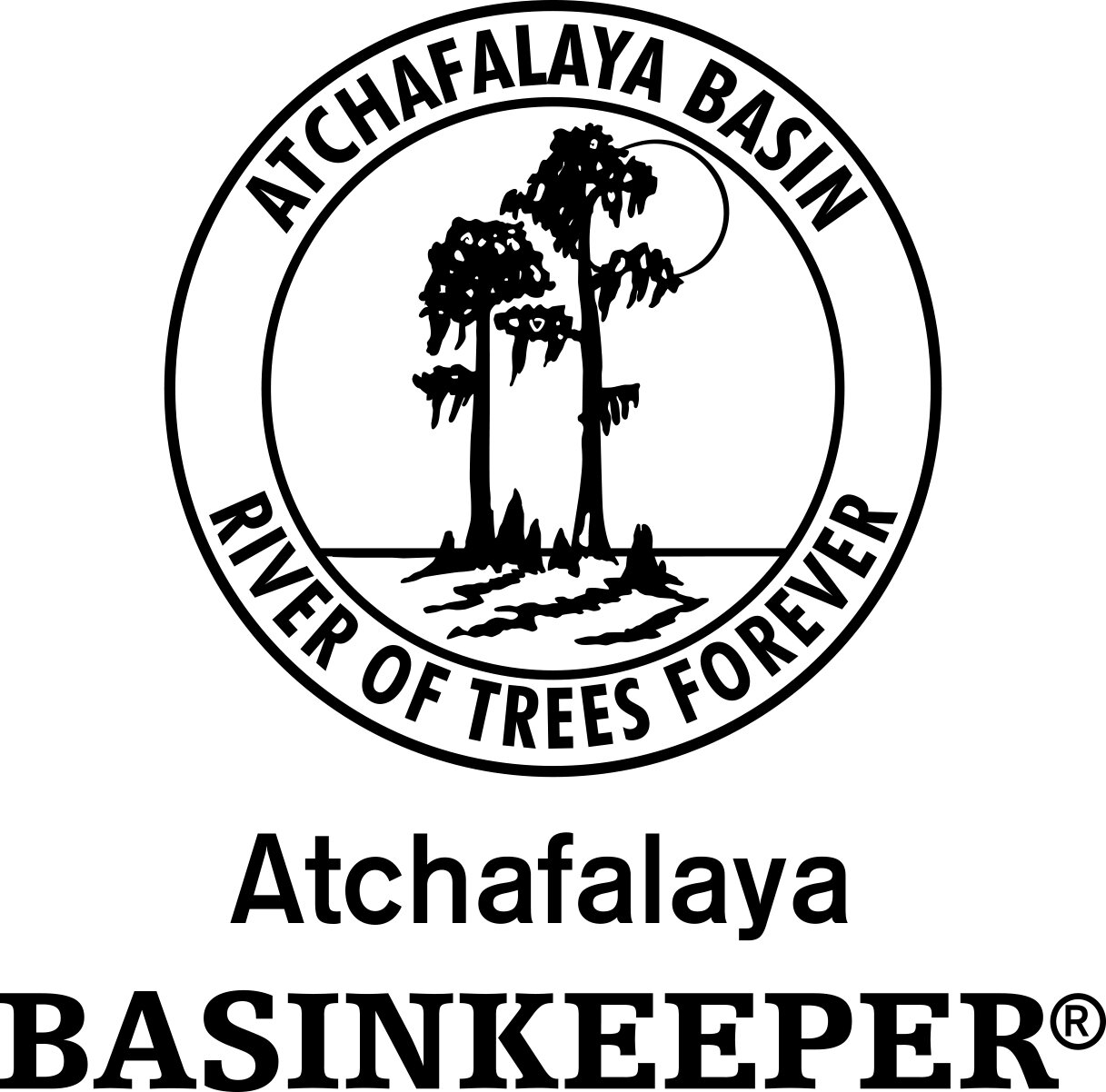December 6, 2018, St. Martinville, LA – Today, a Louisiana judge found that the Bayou Bridge Pipeline Company (BBP) trespassed on privately owned land when it constructed its oil pipeline in the sensitive Atchafalaya Basin, but allowed the company to exercise eminent domain over the property for its use. Landowners with property interests that span 38 acres in the basin, represented by the Center for Constitutional Rights and Atchafalaya Basinkeeper, challenged the land grab and damage to the property resulting from the construction of the pipeline without their permission. Following three days of trial that concluded last Thursday, Judge Keith Comeaux awarded each of the landowners $150 in total for the expropriation and trespass. The landowners’ attorneys say they will appeal court’s ruling.
“This case was always about holding a billion-dollar corporation legally accountable for its violations of the Louisiana and U.S. Constitutions and the damage it is doing to the Atachafalaya Basin,” said Center for Constitutional Rights Senior Staff Attorney Pamela Spees. “They made a calculated business decision that it was cheaper to violate the law than to follow it. While the court did find the company trespassed on our clients’ land, the damages award validates their business decision.”
“This case was never about the money, but clearly the judge chose not to send BBP a message by adhering to their ridiculously low appraisal of the land,” said Peter Aaslestad. “The value of the land goes far beyond what you could get if you ground it up for mulch. The court missed the very real value of the property as it is and the protection it provides to the public good. Their experts only spoke about their private gain, but the basin as a whole plays a larger and much more important role for the people and the state of Louisiana. I’m glad the judge ruled in our favor on the trespass, but we are not done fighting.”
“As landowners and people with deep roots in Louisiana, we feel violated that the court didn’t take into account this wasn’t just a trespass—BBP went ahead and damaged the land and laid the pipeline knowing they didn’t have permission and not taking into consideration how that pipeline is going to affect the Atchafalaya Basin in the future,” said Theda Wright.
Attorneys say BBP trespassed onto the land and began constructing the pipeline—including clearing trees and trenching—long before beginning a legal process to obtain the land, and that the company continued construction while permits were under challenge. In addition to defending against BBP’s eminent domain lawsuit, the landowners countersued BBP for trespass and illegal construction. They argued that far from serving a public and necessary purpose that would allow BBP to exercise eminent domain, the pipeline is contrary to the public interest. Attorneys say the judge’s award to compensate the landowners $150 vastly undervalues the land.
Said Atchafalaya Basinkeeper Attorney Misha Mitchell, “Although we are disappointed the court did not find that the crisis facing Louisiana's coast and the Atchafalaya Basin warranted additional consideration in its determination of the public and necessary purpose of the project, the fact that the court found BBP unlawfully trespassed on the property at issue is substantial. For any individual to attempt to hold a huge company like BBP accountable under the law is no small feat—these landowners should be commended for their courage in confronting the illegal acts of a substantial opponent and standing for what is just.”
The Atchafalaya Basin is the country’s largest river swamp and contains old growth trees and many species listed as endangered.
“Pipelines contribute to increased flooding, coastal erosion, and climate change, and BBP’s extensive spill and leak record threatens a true environmental disaster. It is downright dangerous to allow corporations to take private land for environmentally destructive purposes,” said Bill Quigley of Loyola University Law School. “We want the courts to overturn the expropriation and take the pipeline out of the ground.”
For more information, visit the Center for Constitutional Rights’ case page.
The Center for Constitutional Rights works with communities under threat to fight for justice and liberation through litigation, advocacy, and strategic communications. Since 1966, The Center for Constitutional Rights has taken on oppressive systems of power, including structural racism, gender oppression, economic inequity, and governmental overreach. Learn more at ccrjustice.org.
Contact:
Jen Nessel, Center for Constitutional Rights, 212-614-6449, jnessel@ccrjustice.org
Anne Rolfes, Louisiana Bucket Brigade, 504-452-4909, anne@labucketbrigade.org



